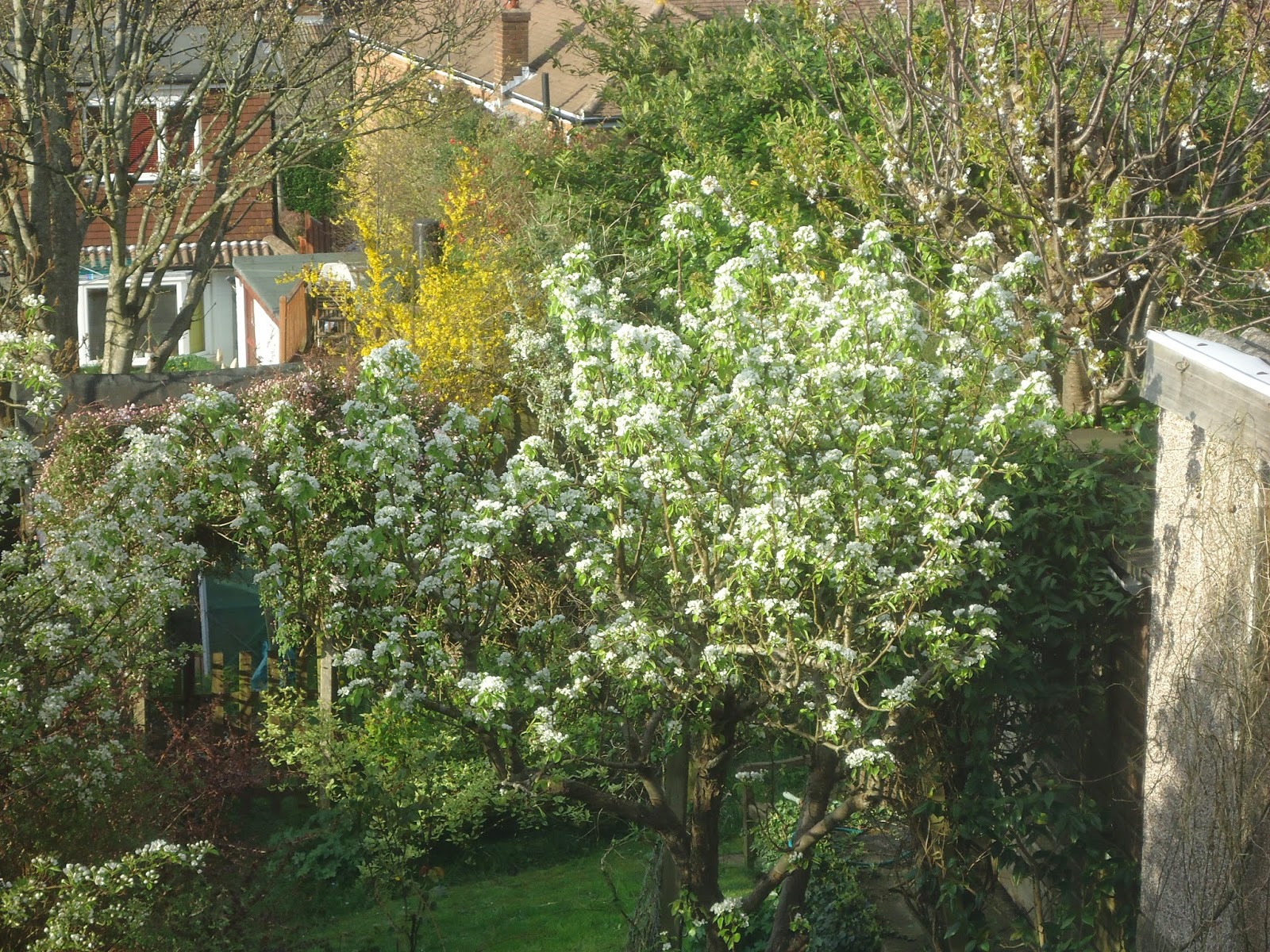We who have had the privilege of being born on
"This royal throne of kings, this sceptred isle,sometimes find it difficult to comprehend that there are thousands - no, millions of people who will never in their lives sea the vastness of the ocean. I have read that nowhere in England is more than 75 miles from the sea - or perhaps that should be salt water.
This earth of majesty, this seat of Mars,
This other Eden, demi-paradise,
This fortress built by Nature for herself
Against infection and the hand of war,
This happy breed of men, this little world,
This precious stone set in the silver sea,
Which serves it in the office of a wall
Or as a moat defensive to a house,
Against the envy of less happier lands,
This blessed plot, this earth, this realm, this England" (Shakespeare)
[I thought I should try to verify that last point and find that, according to the Ordnance Survey, a farm just outside the Coton in the Elms, a village in Derbyshire, is the furthest inland at 70 miles from the coast. It is, however, a mere 45 miles from the nearest high tide point on the River Trent.]
Anyway, that trivia aside, I was going to say that I have always lived almost within spitting distance of salt water. The first 15 years of my life were spent in Gillingham, one of the Medway towns in Kent, and although Gillingham is not exactly a coastal town, it lies on the estuary of the River Medway. Our house was just under a mile and a quarter from the "beach" as the crow flies.
We moved to Hove - and if I craned my neck in the front upstairs bay window, I could just glimpse a sliver of sea.
After I married, we lived just a couple of hundred yards from the harbour, and for the last 40+ years, I have lived about 2 miles from the sea, which I see nearly every day as I walk the dog.
What I have missed out in all that is the fact that, back in 1953, I spent several months at a residential school in Ventnor, on the Isle of Wight. The dormitory in which I slept had windows looking out across the town, over the church tower, and out to sea. There were no curtains, and I can distinctly remember my attempts to stay awake at night , listening to the church clock striking the hours, as I sat up in bed looking out to sea. One night in particular stays in my mind.
1953 was the year of the coronation of our present Queen and a large review of naval ships was held in Spithead, the stretch of water between the Isle of Wight and Portsmouth. Included in the review were some sailing ships and my memory is of seeing one of those tall ships sailing across the path of the moon late one night.
There are some sights one never forgets.
~~~~~
Still on the farm, these are some of the stock animals.






















